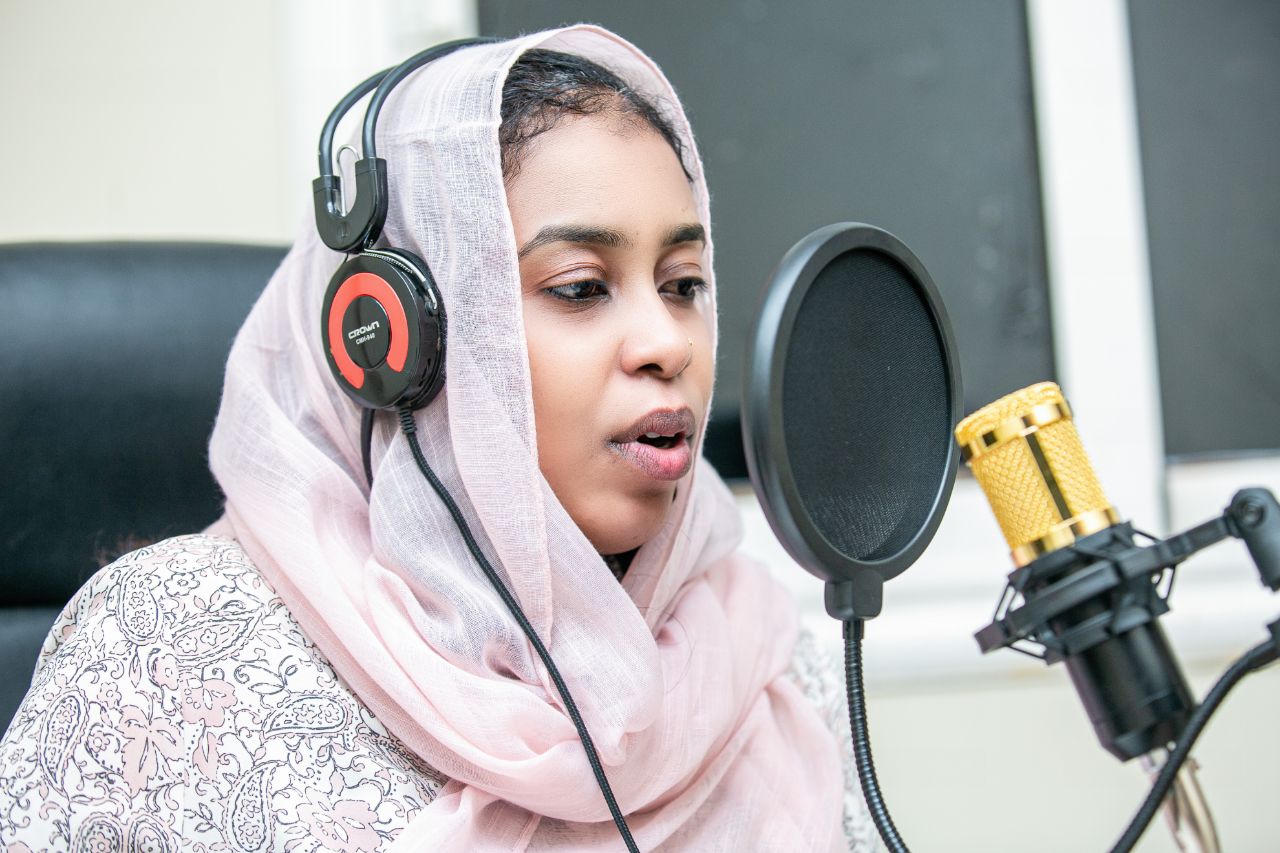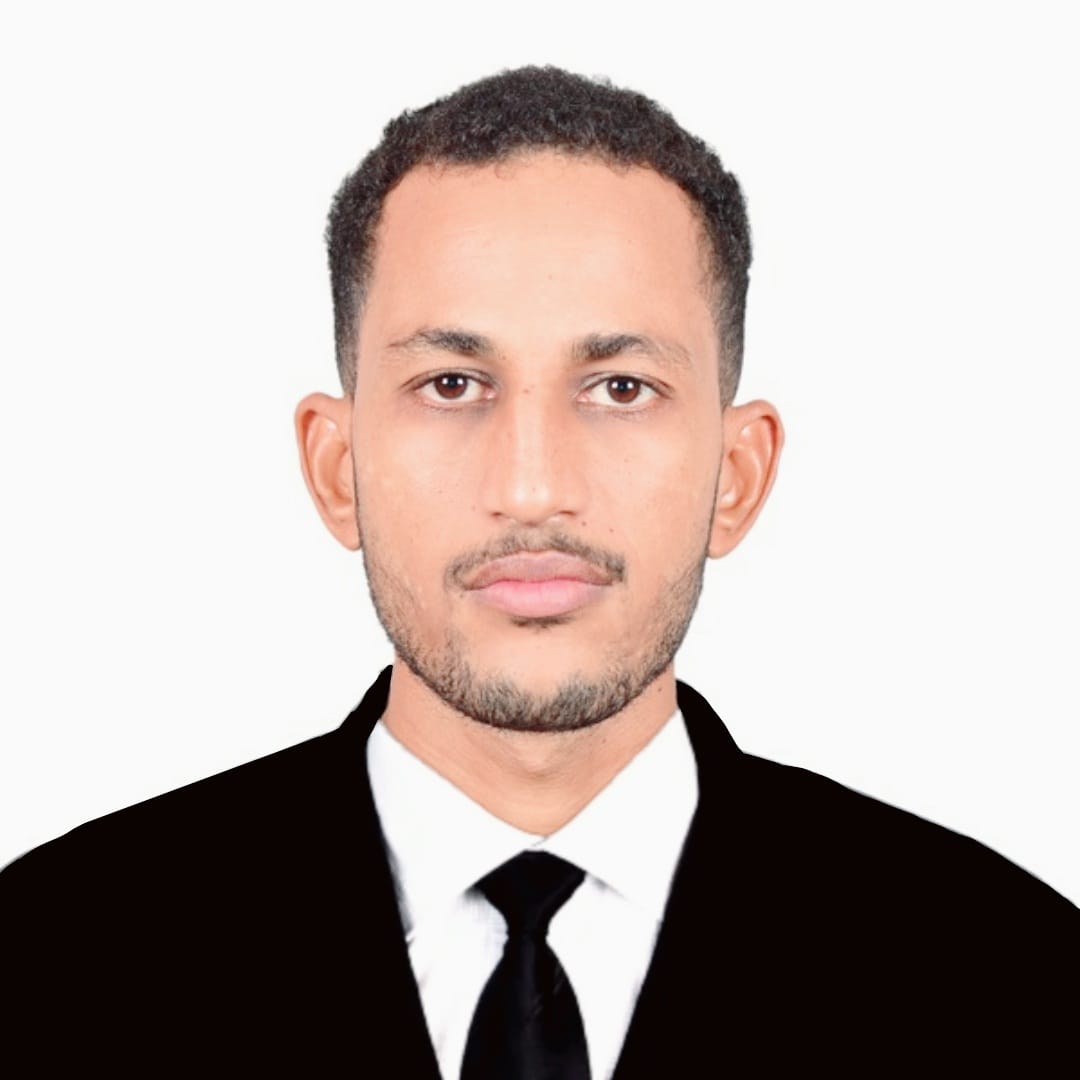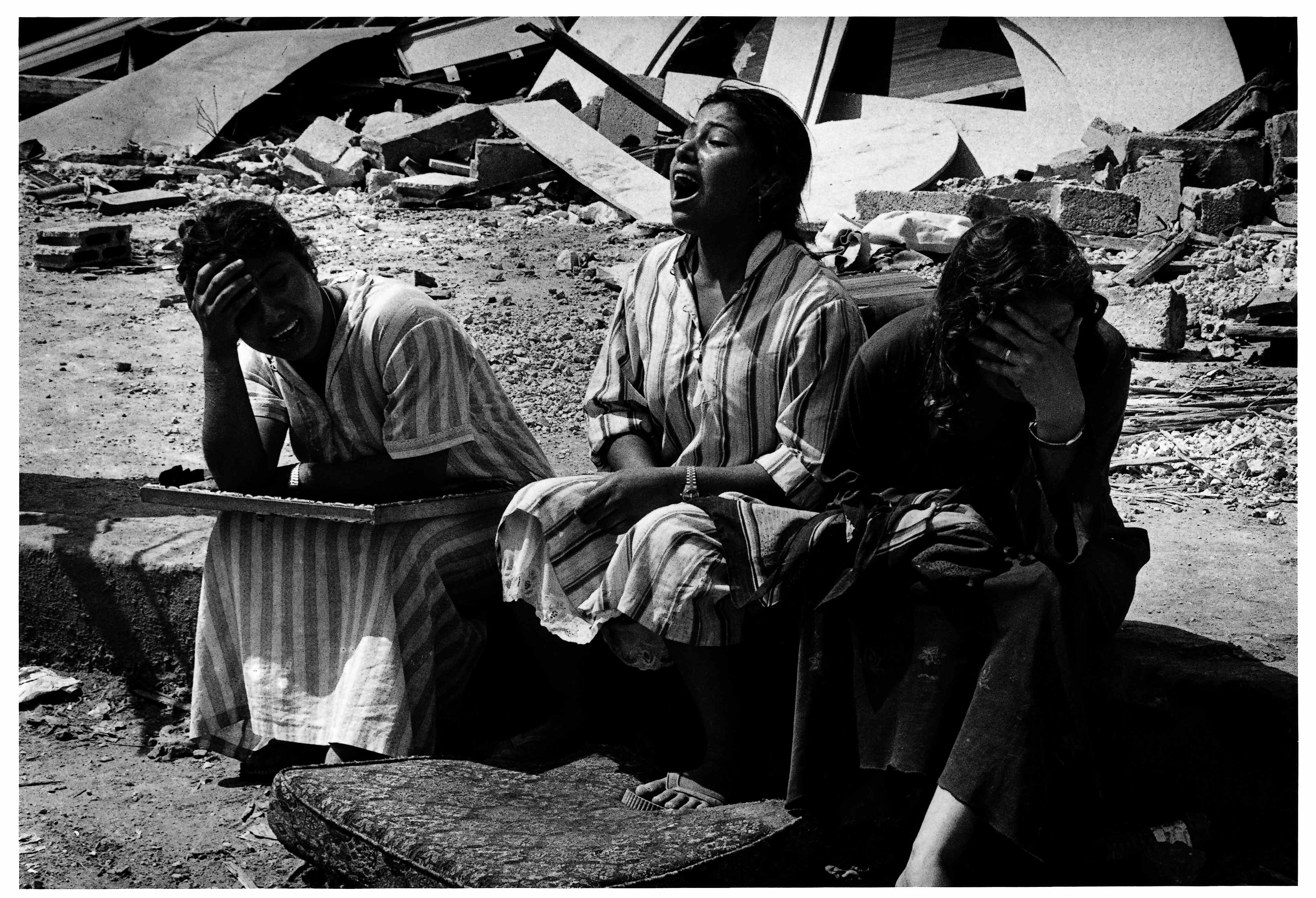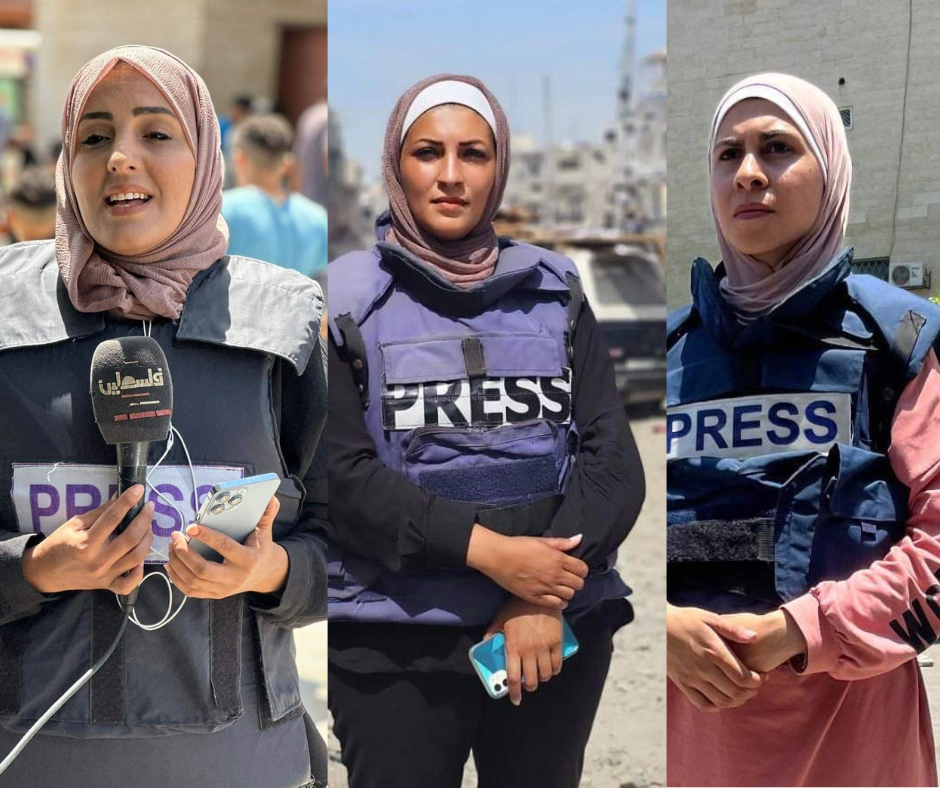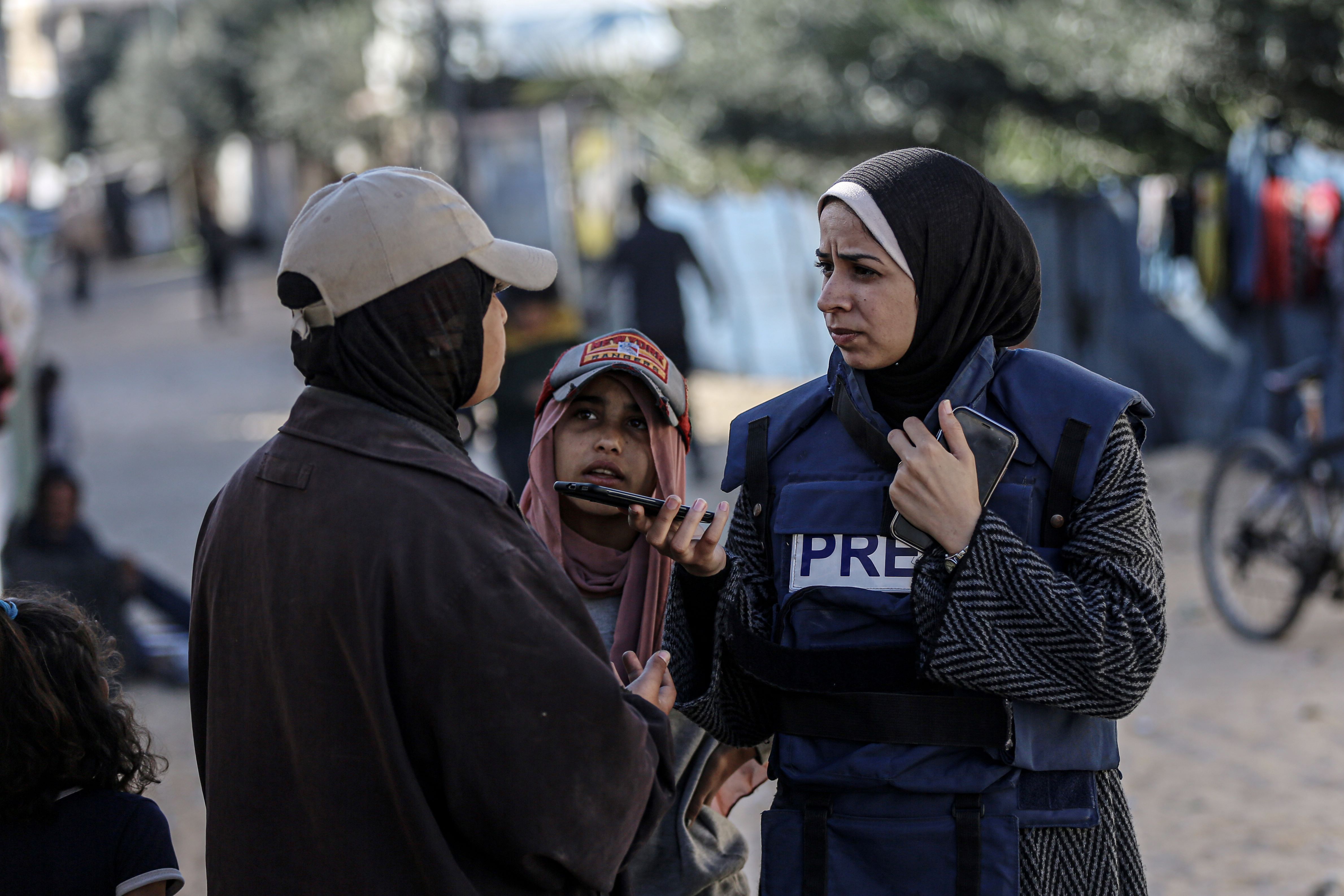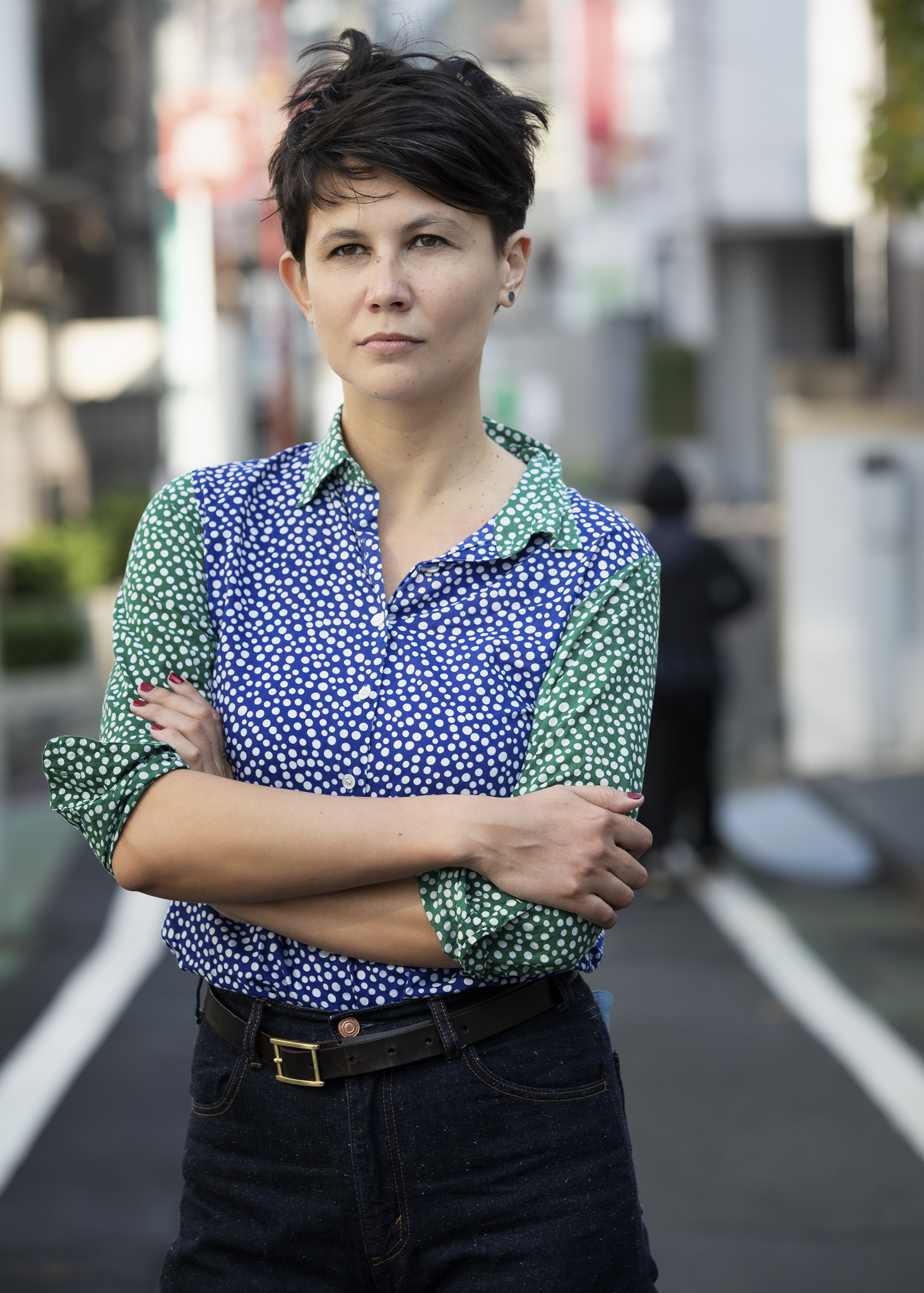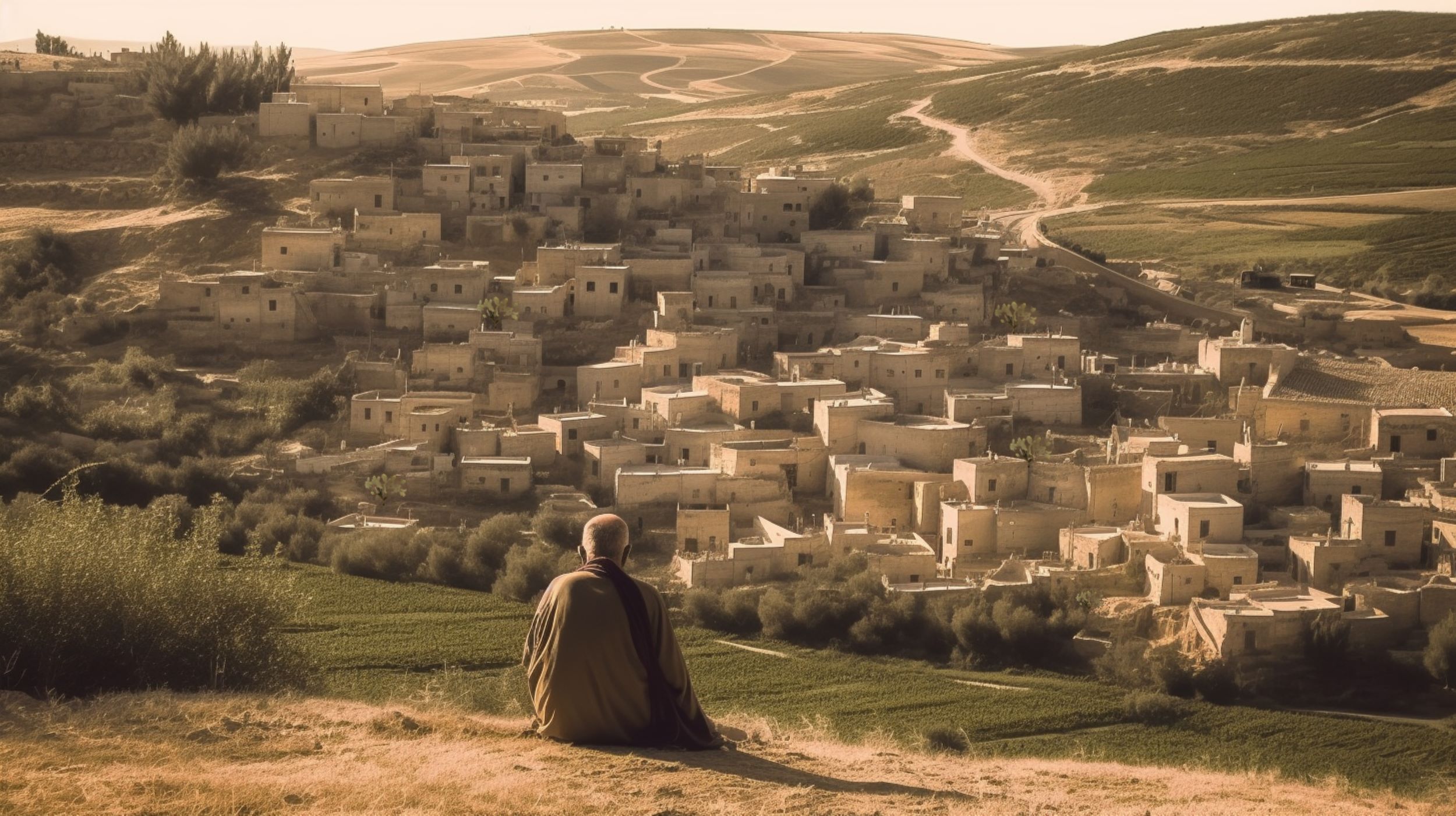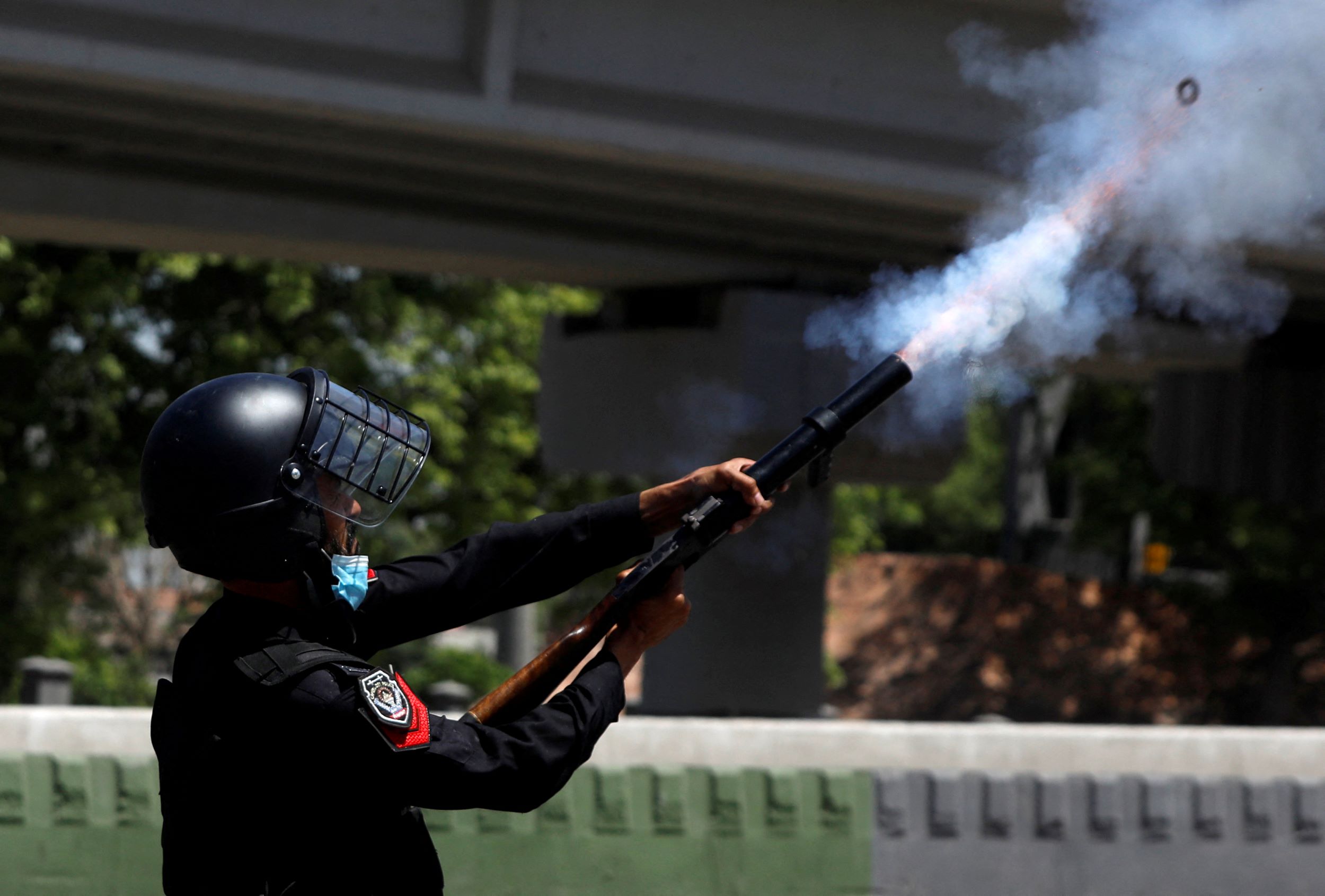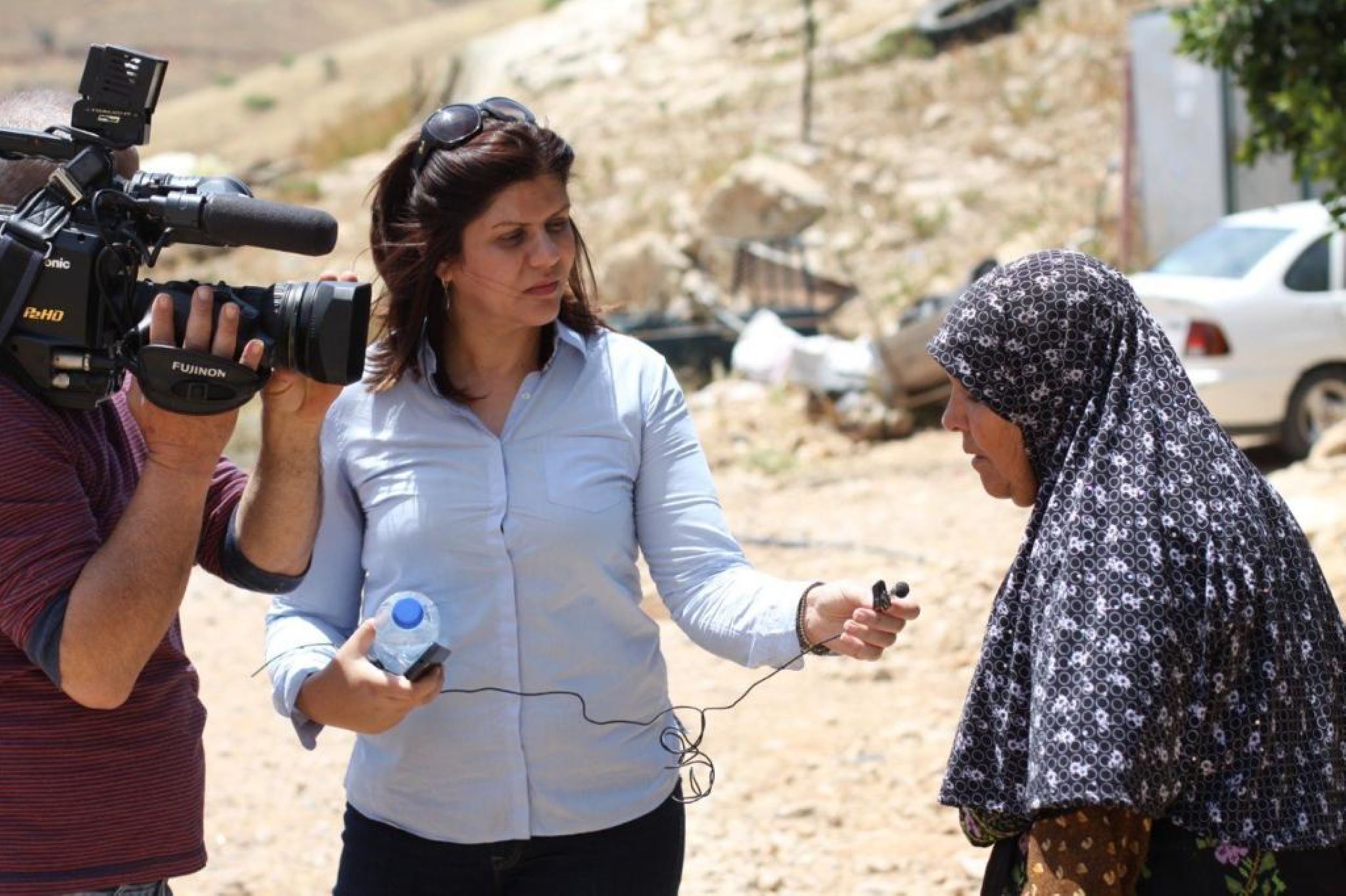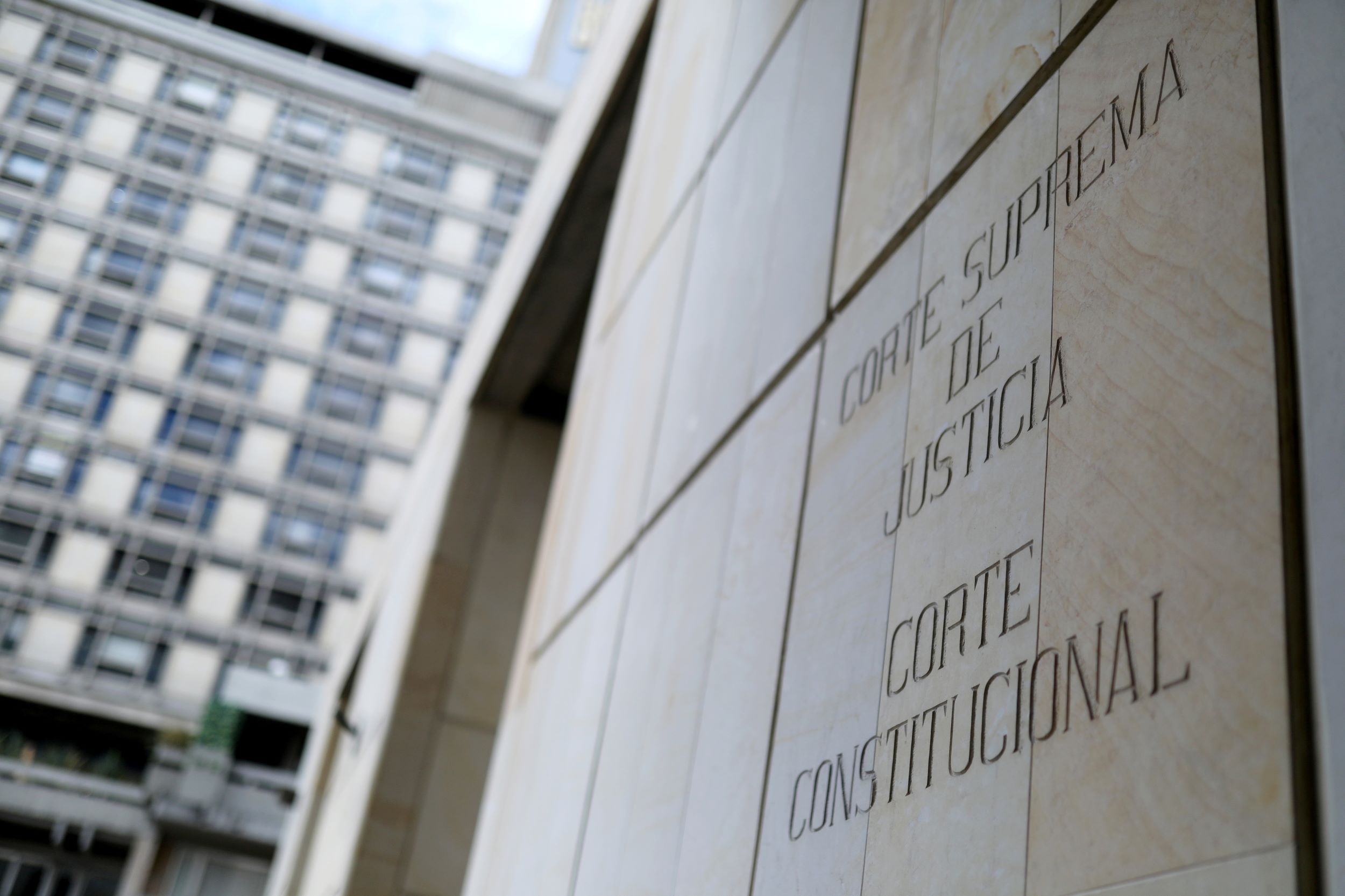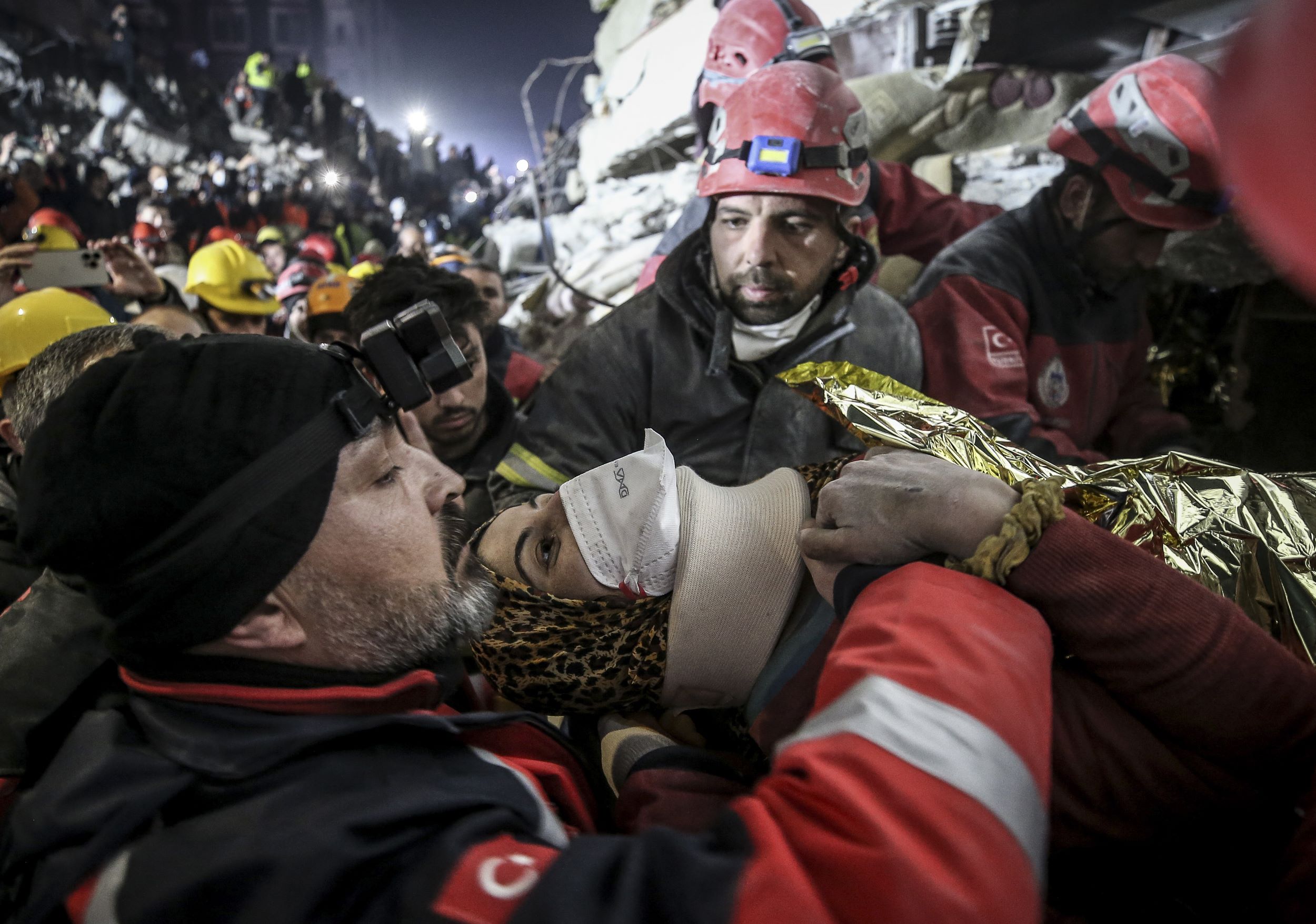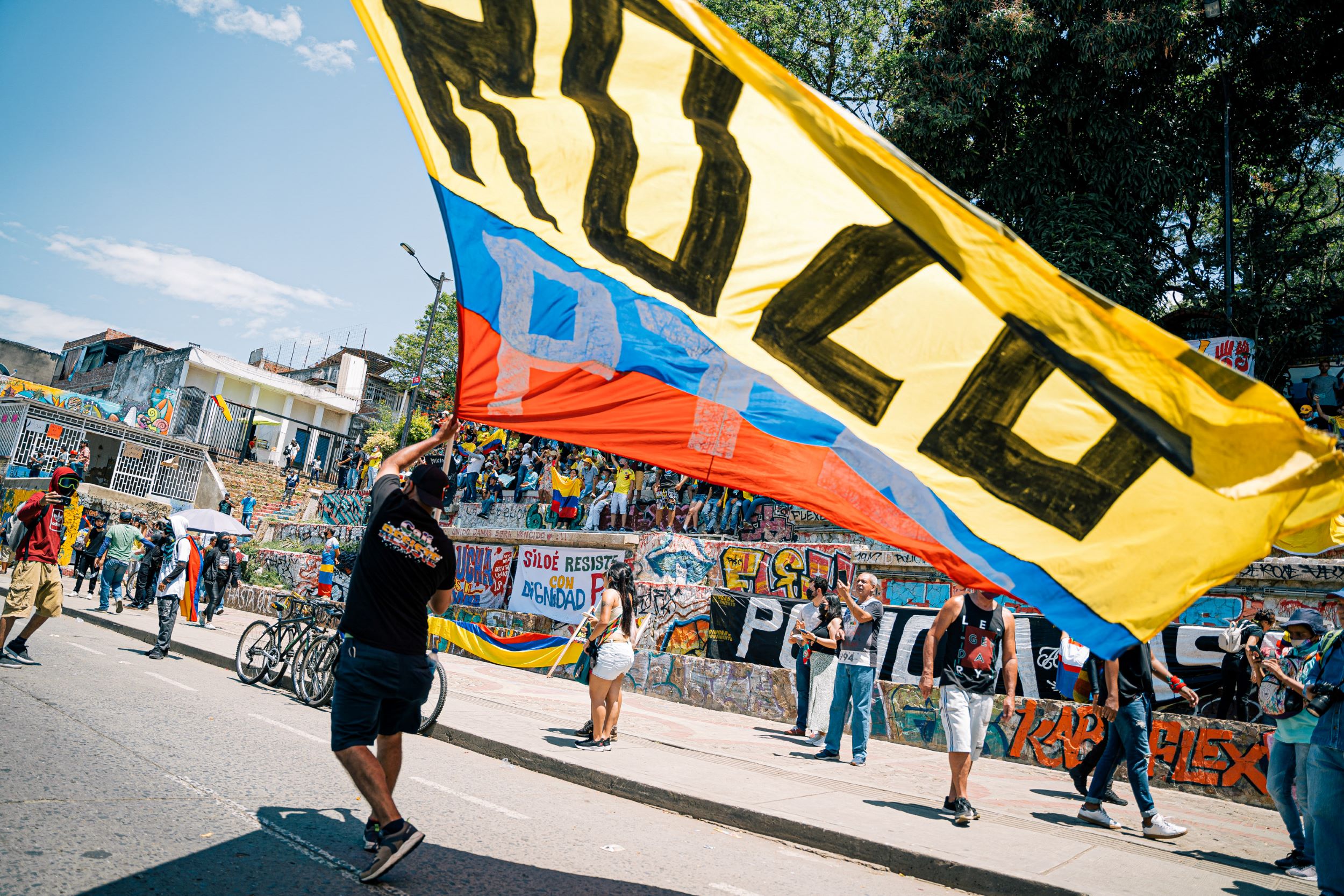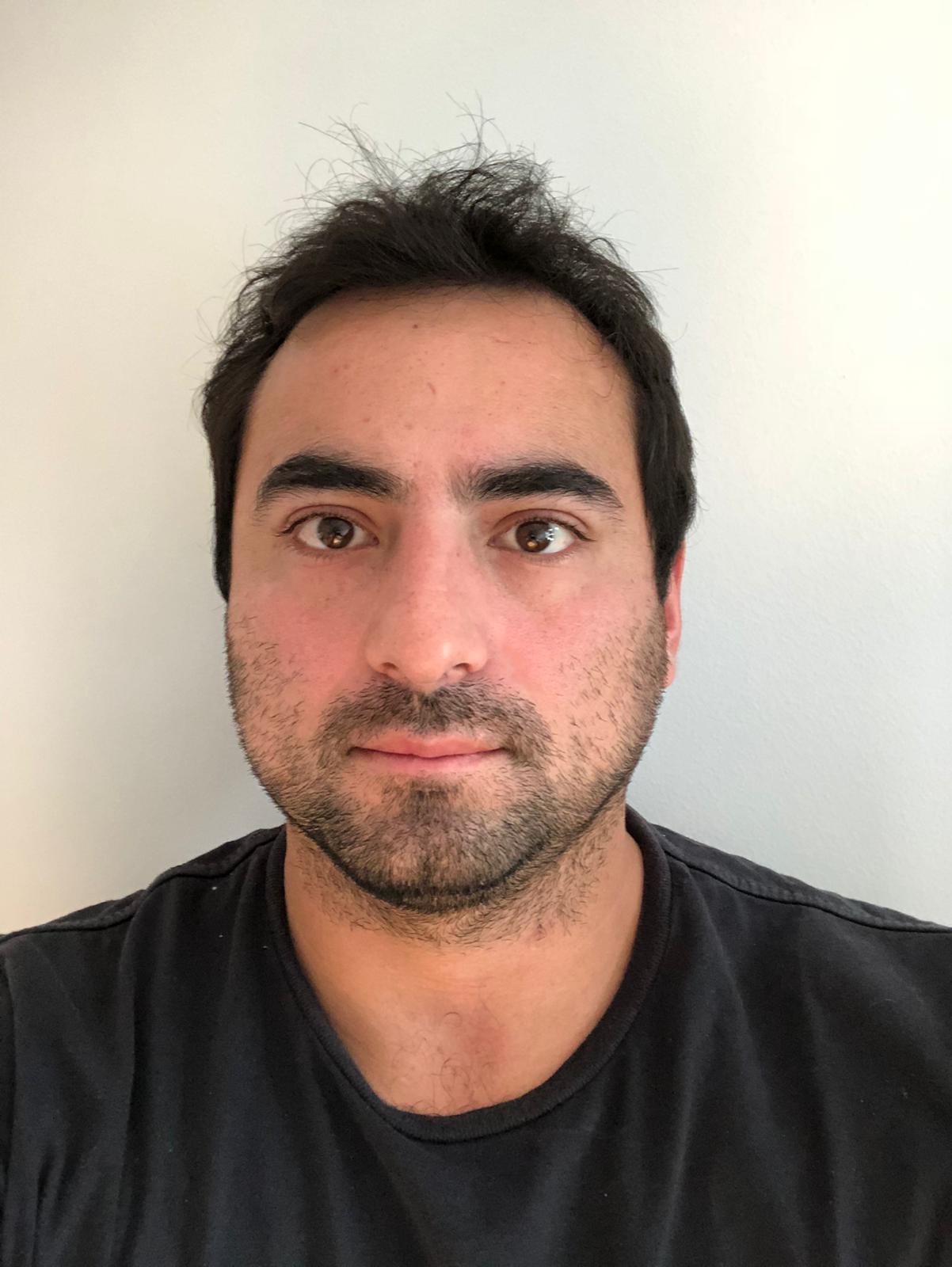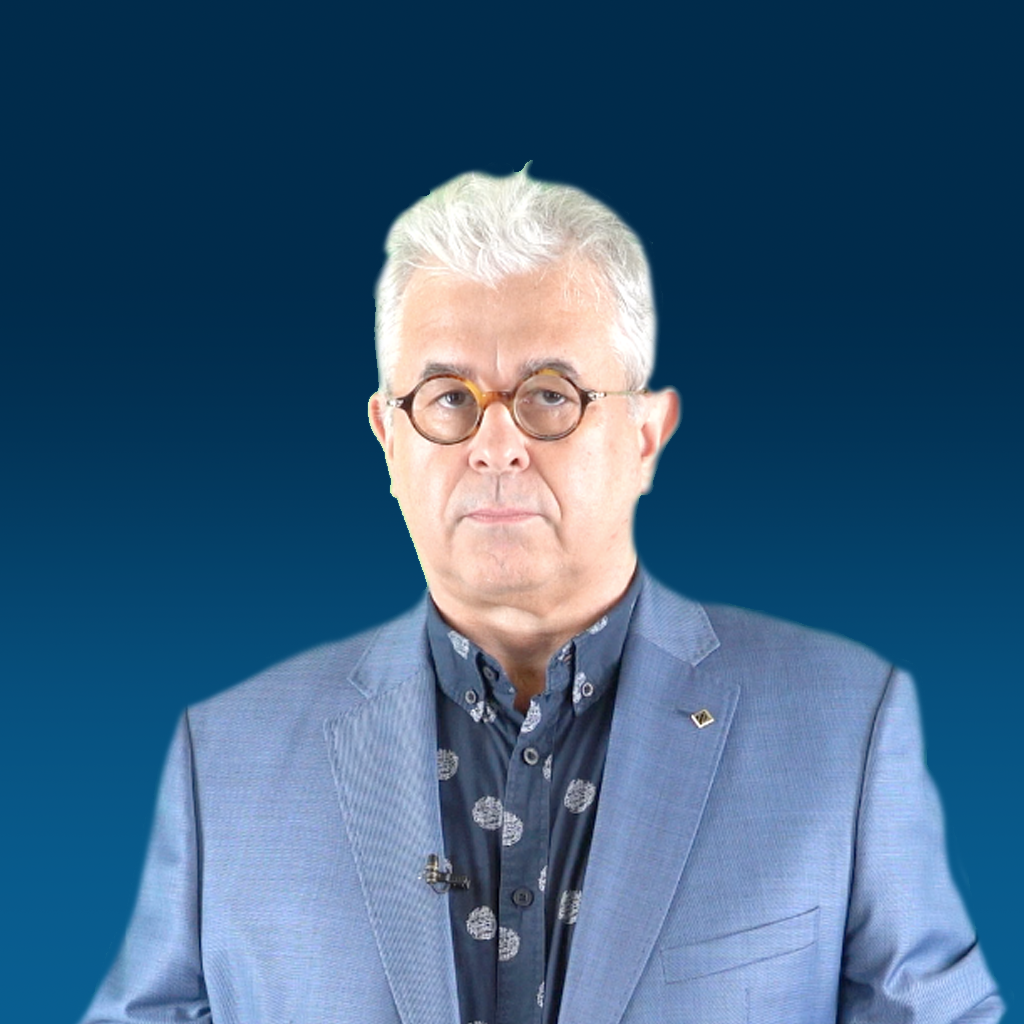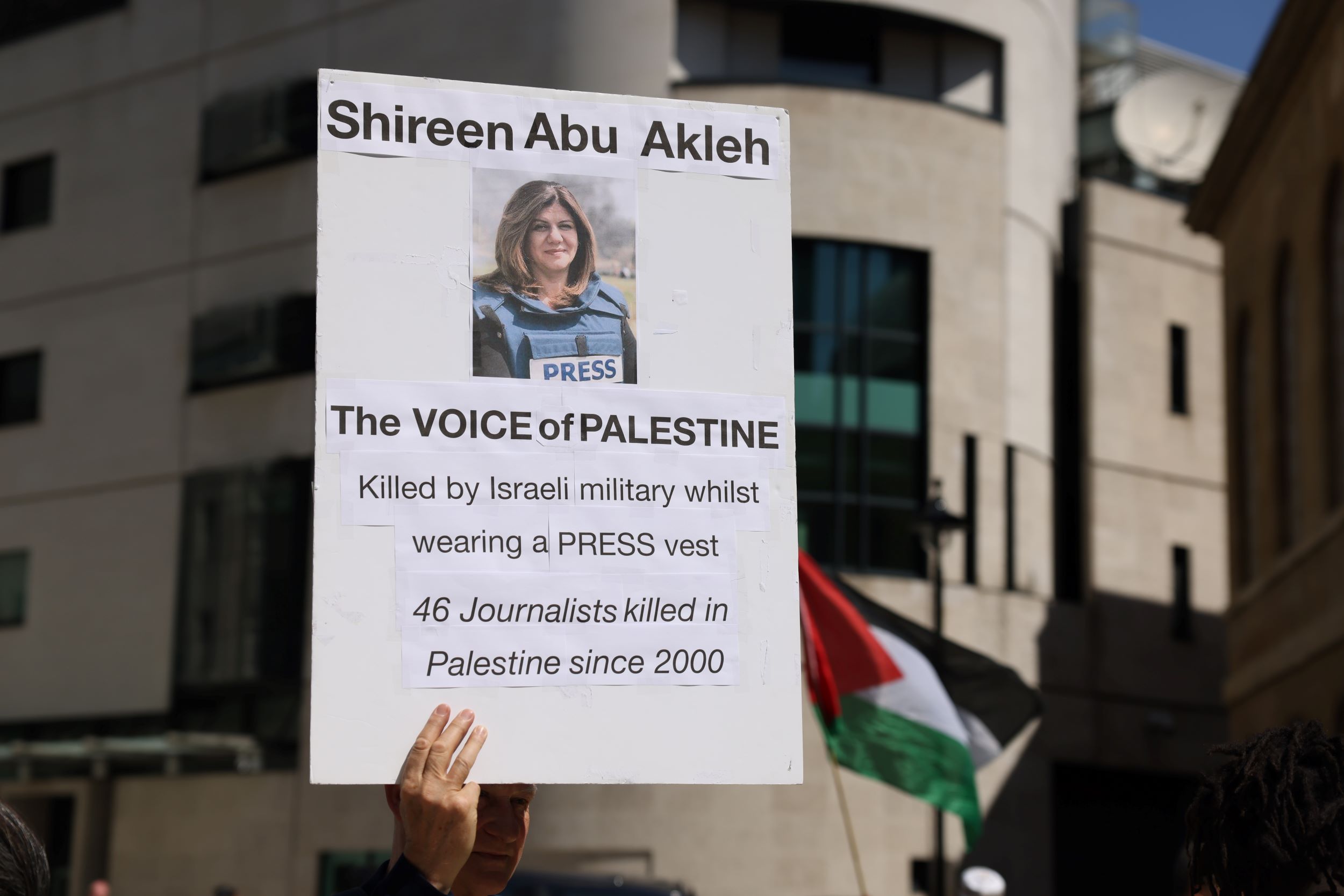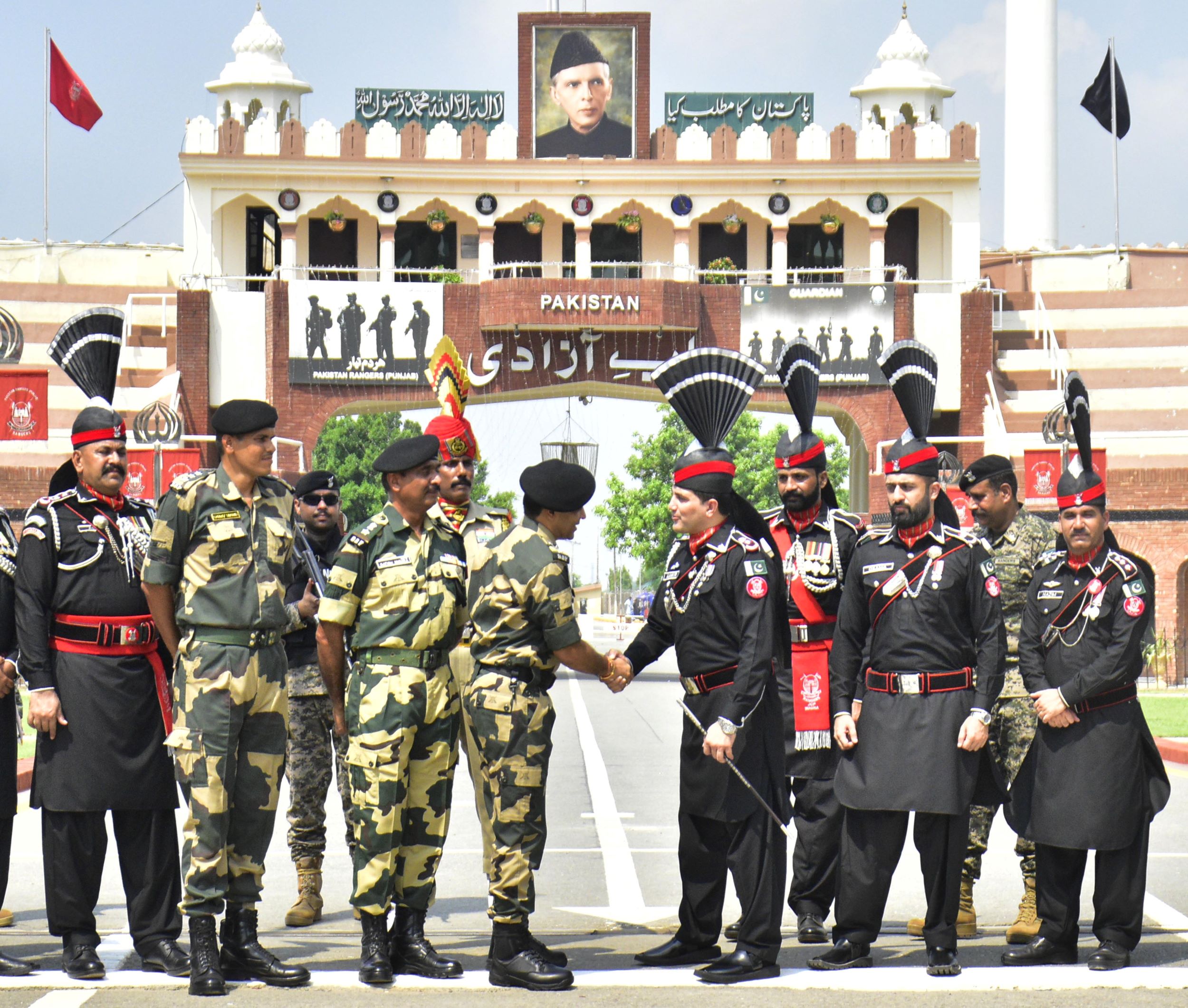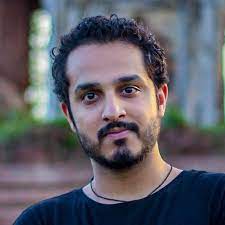الإنسان محور الاهتمام
على الرغم من احتدام القتال في المناطق السكنية وحول المدارس والمرافق الأساسية لكن معاناة المدنيين ومآسيهم تكاد تغيب عن التغطيات المختلفة لوسائل الإعلام، في ظل تركيز منصب على مجريات القتال وتصريحات طرفي الصراع.
الإنسان هو محور اهتمام الصحافة؛ لذا يجب أن يبقى حاضرا في نشرات الأخبار والتغطيات المفتوحة، وهذا لا يقلل من أهمية التطورات الميدانية والعسكرية.
في العادة تميل الأطراف المتصارعة إلى إخفاء خسائر المدنيين وحجب المعلومات المتعلقة بهم لأغراض دعائية، وبالتالي على الصحفي الوصول ما أمكن إلى المصادر المتاحة لوصف معاناة الناس وتأثر حياتهم بسبب الصراع والاقتتال حول السلطة.
يستحضر الصحفي - وهو يغطي الأحداث الميدانية للصراع الدائر الآن - أنّ بإمكانه إحداث تأثير على المستوى الدولي، الذي قد يعجل بتدخل الأمم المتحدة أو قوى كبرى لإنهاء الصراع عبر إبراز آثار الصراع المسلح على المدنيين. توظيف الصحف العالمية لصور صادمة لمواطنين تعرضوا للذبح والتصفية في حرب البوسنة مهد لتدخل عسكري دولي لإنهاء المذابح هناك.
في العادة تميل الأطراف المتصارعة إلى إخفاء خسائر المدنيين وحجب المعلومات المتعلقة بهم لأغراض دعائية، وبالتالي على الصحفي الوصول ما أمكن إلى المصادر المتاحة لوصف معاناة الناس وتأثر حياتهم بسبب الصراع والاقتتال حول السلطة.
ينبغي في هذا السياق على وسائل الإعلام الحرص على سلامة مراسليها وطواقمها الإعلامية ومصادرها، وحثّهم على اتباع أقصى درجات السلامة المهنية، وإن كان ذلك على حساب السبق الصحفي أو المعلومات والصور الخاصة.
التوازن والدقة ضد الدعاية
لا يمكن عزل الصحفيين عن انتماءاتهم السياسية والأيديولوجية، لكن في مثل هذه الظروف التي تصبح فيها المعلومة مؤثرة، من الضروري جدا عدم السقوط في فخ الدعاية السياسية لأحد الأطراف، كنقل رواية واحدة دون التحقق من صحتها أو مقارنتها بشبكة المصادر التي من المفترض أن يمتلكها الصحفي.
أثبتت التجربة في السودان أن الانقسامات السياسية عطلت مسار الثورة، وعرقلت الوصول إلى اتفاق بين المكونات العسكرية والقوى المدنية، ومعنى ذلك أن تحيزات الصحفي الأيديولوجية قد تؤدي إلى مزيد من الانقسام ونشر الدعاية.
على وسائل الإعلام أن تحذر من الانجرار نحو تأييد طرف على آخر، أو إبراز رواية دون أخرى، وعليها أيضا، التنبّه من أن تتحوّل شاشاتها أو مواقعها منابر لتبادل الرسائل السياسية أو المعلومات المضللة.
من هنا تبرز أهمية توخي الدقة والتحقق من كل معلومة أو صورة أو فيديو قبل نشره، إن كان بالتواصل مع مصادر ميدانية موثوقة أو عبر استخدام مختلف وسائل التحقق المتاحة على الإنترنت.
لا يمكن عزل الصحفيين عن انتماءاتهم السياسية والأيديولوجية، لكن في مثل هذه الظروف التي تصبح فيها المعلومة مؤثرة، من الضروري جدا عدم السقوط في فخ الدعاية السياسية لأحد الأطراف
الحذر من التكرار الممل
مع استمرار التغطيات المباشرة لساعات طويلة، من الطبيعي أن يواجه الصحفيون في بعض الأحيان جموداً في بعض الأخبار أو عراقيل للوصول إلى التطورات الميدانية. لذلك، يستحسن التركيز على الجوانب المختلفة في الصراع من خلال تغطية زوايا جديدة أو عبر ضيوف يقدمون معلومات وتحليلات تهم الجمهور لتجنب الوقوع في فخ التكرار الممل المنفر للجمهور.
حذار من المحللين
تعمد وسائل الإعلام إلى استضافة محللين وخبراء لتحليل السيناريوهات السياسية والعسكرية واستشراف ما سيحدث في المستقبل، لكن جزءاً من هؤلاء يمارسون الدعاية السياسية لطرف ضد طرف. تبرز هنا أسئلة المذيعين أو الصحفيين كآلية مهنية وأخلاقية لإحداث التوازن.
كما أنه في الكثير من الأحيان، لا يقدم المحللون أية معلومات مهمة للمتابعين باستثناء تكرار الأخبار، دون أن تكون هناك رؤية مبنية على معارف راكموها عن طريق الخبرة أو التجربة الأكاديمية. قد يعزى ذلك إلى ضرورة توفير تغطية حية ومباشرة ومستمرة، بيد أن عملية الانتقاء ينبغي أن تتم بناء على أسس علمية ومهنية صارمة.
من المهم للصحفيين العمل على شرح سياقات الأحداث بطريقة أكثر تفصيلاً ووضوحاً للجمهور حتى يتمكن الأخير من فهم الأحداث بطريقة واضحة ومفهومة.
السياق
لايزال الكثير من الجمهور العربي والعالمي بعيداً عن تفاصيل السياسة الداخلية للسودان. فالكثير من متابعي الأحداث لا يعرفون ما هي قصّة وجود جيشين داخل البلاد، وكيف لكل منهما أجندته الخاصة وارتباطاته الداخلية والخارجية المختلفة. لذلك من المهم للصحفيين العمل على شرح سياقات الأحداث بطريقة أكثر تفصيلاً ووضوحاً للجمهور حتى يتمكن الأخير من فهم الأحداث بطريقة واضحة ومفهومة.
استعمال المصطلحات
استعمال المصطلحات أثناء الحروب أو الصراعات قد ينطوي على مواقف سياسية تؤيد أحد الأطراف. وظفت الكثير من وسائل الإعلام يوم أمس مصطلح "قوات الدعم السريع المنحلة" مستندة إلى قرار من الجيش السوداني بحل ما أسمته بـ "ميليشيا المتمرد"، التي ترى أن هذا القرار غير قانوني وغير دستوري ويخرق الاتفاقات المبرمة سابقة. من الضروري توضيح سياقات المصطلحات للحفاظ على نفس المسافة من جميع الأطراف.
دور الصحفي في البناء الديمقراطي
خلال فترة الانتقال الديمقراطي بإسبانيا عارضت الصحف بشكل علني فرانكو، وانتصرت للقوى الديمقراطية. الصحافة آلية من آليات الممارسة الديمقراطية، ومن واجبها مساندة المؤسسات والوقوف على الجانب المعاكس للدكتاتورية. في السودان تبدو الصورة ضبابية جدا؛ لأن المكونين العسكريين المتحاربين الآن سبق لهما أن انقلبا على القوى المدنية، والآن يتبادلان الاتهامات حول تقويض المسار الديمقراطي. إذن، يجب أن يتخذ الصحفيون نفس المسافة، لأن المعركة تدور حول السلطة لا على الديمقراطية.






